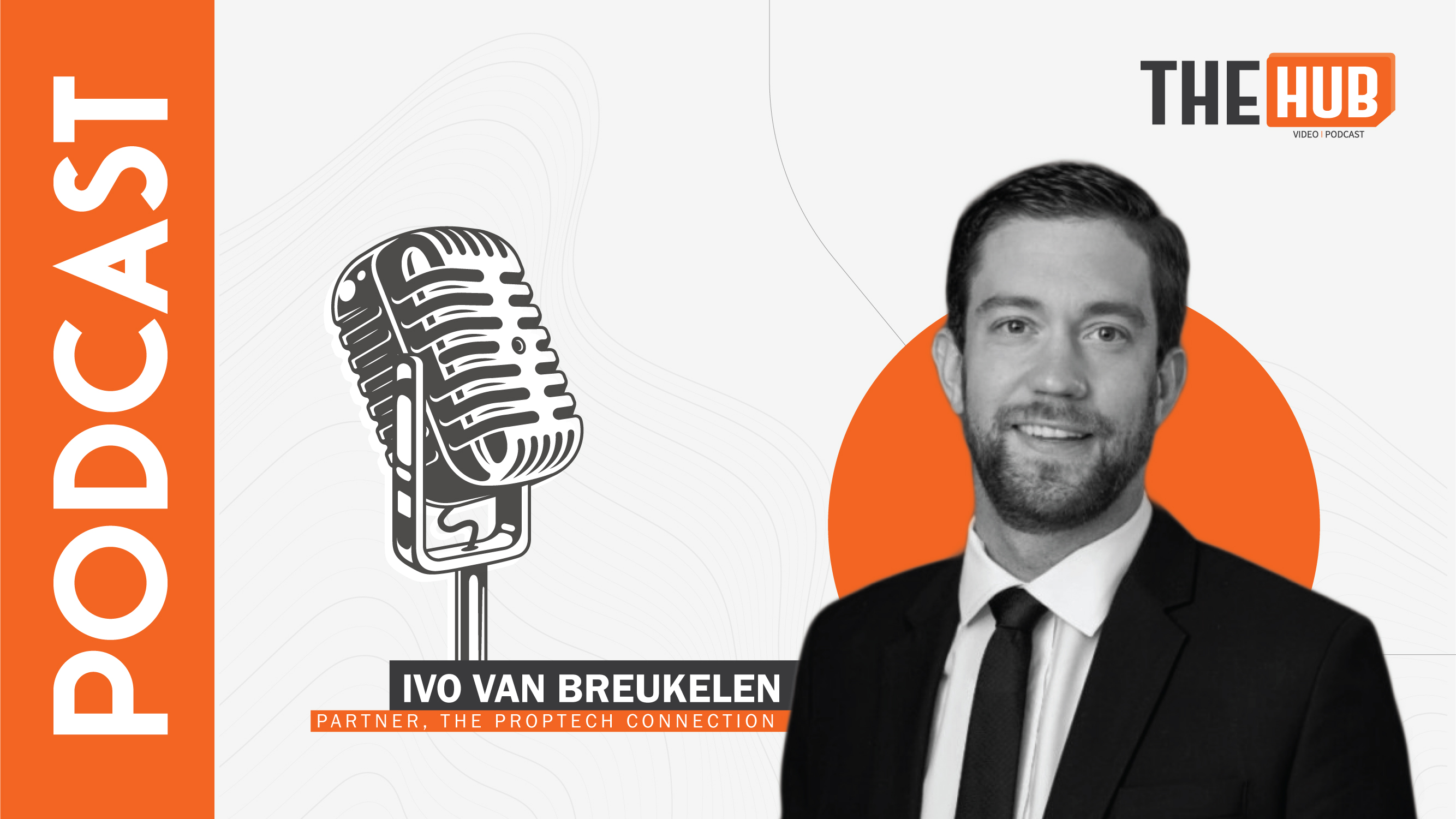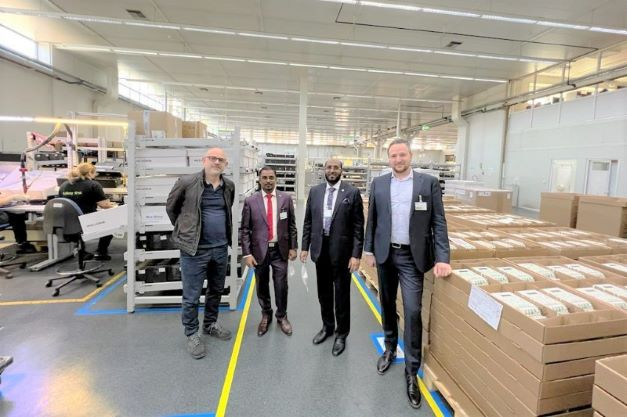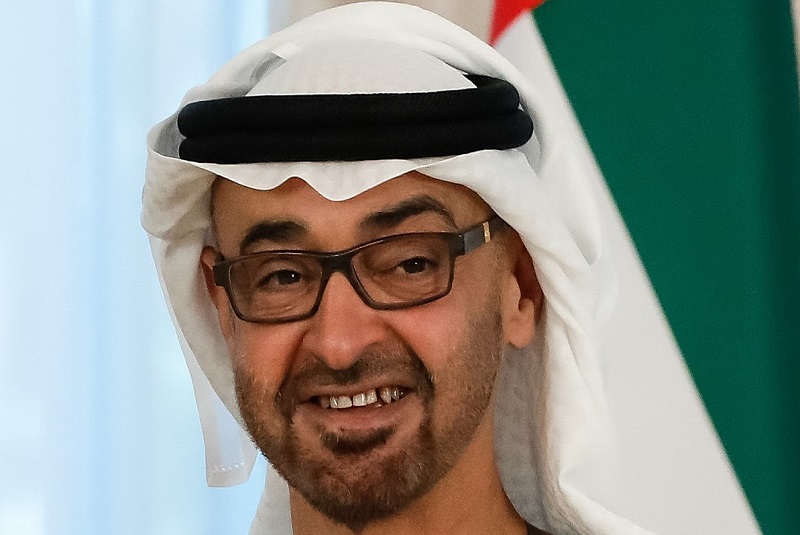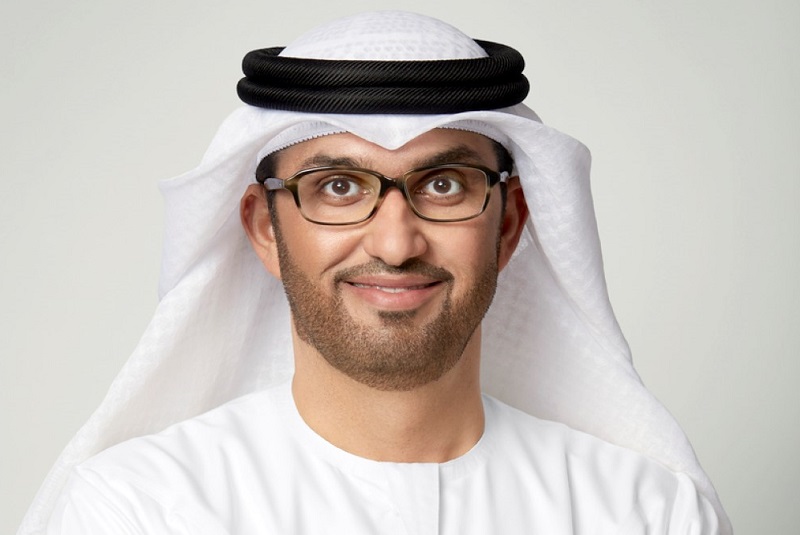
According to the International Energy Agency (IEA), an intergovernmental affiliate of the Organisation for Economic Co-operation and Development (OECD), the global annual energy efficiency investment stood at USD 236 billion in 2017. The buildings sector alone accounted for 60% of this outlay, followed by transport and industry at 25% and 15%, respectively. With the investments in optimising the energy efficiency of buildings having increased significantly, primarily in the building envelope and HVAC space, one cannot help but look further into the causal factors behind this paradigm shift.
Offering a degree of clarity is the finding that the built environment consumes 40% of world's energy and emits greenhouse gases in equally huge volumes. In leading cities with vast real estate markets, the ecological footprint of buildings is especially telling. Despite the presence of sizable fossil-fuel based transportation in these cities, buildings are emerging as the primary carbon culprits. Therefore, IEA's findings are not in the least bit surprising. The IEA also indicated that the aforementioned developments can be factored into the value of the global Energy Service Company (ESCO) market, which grew by 8% to USD 28.6 billion in 2017. In the years since, this growth has continued unabated and if reports commissioned by IEA and several other organisations are anything to go by, the ESCO market is expected to continue to grow exponentially over the next decade.
The challenges ESCOs face
Real estate executives, confronted with the harsh realities of climate change and ever-changing regulatory landscape, are delegating the daunting task of attaining energy efficiency to ESCOs. However, investing in enhanced sustainability had, until recently, continued to be looked at as a capital-intensive overhead for the business, rather than a value adding strategy, embedded into regular operations to generate meaningful savings.
ESCOs often encounter lack of transparency across building portfolios. The project cycle of an ESCO typically involves preliminary analysis of the building, formulation of an action plan, implementation and monitoring. The challenges that ESCOs have routinely faced in their operations include:
- Poor/no real-time picture of the health and status of energy producing assets
- Inability to granularly track (M&V) and optimise energy conservation measures (ECM)
- Lack of access to a data validated big picture perspective, making portfolio-wide enhancements and benchmarking a daunting task
Adding to their woes are multi-vendor automation systems operating in silos, whose incongruity is counterproductive to ESCO performance across every touch point in a building. However, the latest technological breakthroughs offer a ray of hope, bringing new solutions to the fore.
Data-driven operating model
Digital transformation has permeated businesses of all sizes and types, and the energy segment of the built environment is no exception. IoT technology allows the integration of previously siloed automation systems and the extraction of associated data. The collated data is then subjected to AI-powered analytics, which provides real estate operatives with real-time, actionable insights on asset life cycle, performance metrics and resource utilisation, thereby enabling them to make informed decisions. The deployment of Machine Learning allows the system to instantaneously learn from past performance and seamlessly adapt to changing operational parameters.
Cloud-computing ensures transparency every step of the way, providing stakeholders with accurate data and a nuanced understanding of energy losses and inefficiencies. This in turn paves the way for insight-led, data-driven decision making. Needless to say, a software platform designed to aggregate siloed operational data and harness insights for multiple functions greatly empowers ESCOs to reach their full potential in delivering on sustainability goals. A few forward-thinking ESCOs are already warming up to tech-driven intervention to develop core competencies and build capacity and going forward, technology will be central to achieve energy efficiency and bring facilities in line with sustainability goals.
Technology as the differentiator
Traditionally, ESCOs relied on energy conservation measures (ECMs) and isolated physical retrofits. The approach was mostly specific to lighting, HVAC, etc., instead of an overarching, holistic strategy. Regardless of the strategy in place, the ESCO performance faced roadblocks in the initial energy audit itself, due to the lack of reliable insight. Access to real-time and unified operational data is now addressing these concerns, and championing the cause of ESCOs to stay relevant in today’s competitive and environment-conscious landscape.
Enterprise platforms like Facilio are at the forefront of digital transformation, leveraging the power of IoT and cognitive technologies, and enabling ESCOs to accelerate their journey towards more ambitious energy savings and sustainability outcomes. Facilio's data-driven operations & maintenance platform is equipped with ML-based predictive fault-detection and diagnostic mechanisms to identify anomalies and inefficiencies. ESCOs are therefore able to undertake predictive and responsive action, avoiding excessive machine downtime and inefficiencies in the process. The unified platform also boasts a centralized visibility, enabling operatives to establish and monitor portfolio-wide benchmarks, and assess operations against KPIs, using a single platform, and even remotely, thanks to cloud-computing.
The emergence of such unified and enterprise scale tools has ensured that ESCO companies can now gain a competitive edge by digitising sustainability services, and act as enablers of a future in which energy utilization can scale unprecedented and remarkable heights.
The Author, Nivedha Sridhar is the Director of Content & Growth Strategy as well as a member of the Founding team at Facilio Inc.

















